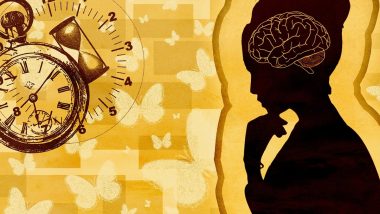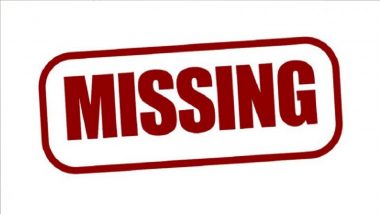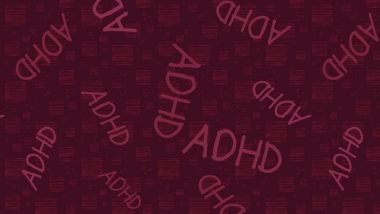Mumbai, October 14: Attention-deficit/hyperactivity disorder (ADHD) is affecting millions globally. From children to adults, anyone can be diagnosed with Neurodevelopment disorder. ADHD Symptoms often start in childhood and can significantly impact daily life, affecting social relationships as well as school or work performance. Let us know more about ADHD, its symptoms, and how it can be managed.
A report by WebMD says ADHD is diagnosed in children and teens through discussions with the child, parents, and teachers, followed by observing the child's behaviour. Doctors use the American Psychiatric Association’s guidelines, considering the number and duration of symptoms while ruling out other causes like mental health issues or thyroid disorders.
What Is ADHD?
Attention-deficit/hyperactivity disorder (ADHD) is a developmental disorder marked by persistent symptoms of inattention and/or hyperactivity and impulsivity that interfere with functioning or development, as per a report by the National Institution of Mental Health. WHO Felicitates India for Eliminating Trachoma That Can Lead to Irreversible Blindness, 4th Country in Southeast Asia To Achieve Feat (See Pics).
The exact cause of ADHD isn't known, but it’s thought to be related to genetics, brain structure, and environmental factors. It’s not caused by poor parenting or lack of discipline but is a medical condition that needs proper understanding and management.
What Are the symptoms of ADHD?
People with ADHD may show symptoms of inattention, hyperactivity, or both. While everyone experiences these behaviours occasionally, in ADHD, they are more severe, frequent, and disrupt daily life at school, work, or in social situations. AI for Healthcare: Artificial Intelligence Can Analyse Retinal Images for Cardiovascular Risk Assessment, Say Researchers.
People with inattention symptoms often struggle to focus, overlook details, and make careless mistakes. They may find it hard to follow instructions, stay organized, or complete tasks. They tend to lose important items, avoid activities that require long attention, get easily distracted, and forget daily tasks. People with hyperactivity and impulsivity often fidget, leave their seats when expected to stay seated, and feel restless. They might be constantly in motion, talk too much, interrupt others, and struggle to wait their turn in conversations or activities.
How To Treat ADHD?
Although there is no cure for ADHD, various treatments can help reduce symptoms and enhance daily functioning. Common treatments include medication, psychotherapy, and behavioural interventions, often involving parent education and school programs for children. Medication can effectively decrease hyperactivity and impulsivity while improving focus. Stimulants are the most frequently prescribed, as they boost brain chemicals that support attention and thinking. Non-stimulant medications are also available; while they take longer to become effective, they can improve focus and reduce impulsivity. It's important for anyone on medication to be closely monitored by their doctor.
(The above story first appeared on LatestLY on Oct 14, 2024 05:16 PM IST. For more news and updates on politics, world, sports, entertainment and lifestyle, log on to our website latestly.com).













 Quickly
Quickly





















